Global Locust Initiative
Comparing media coverage of desert locust outbreaks
Student Focus Post: Written by students from the Global Locust Initiative Lab to share their research and experience. My name is Maddie Magrino and I am a senior at ASU
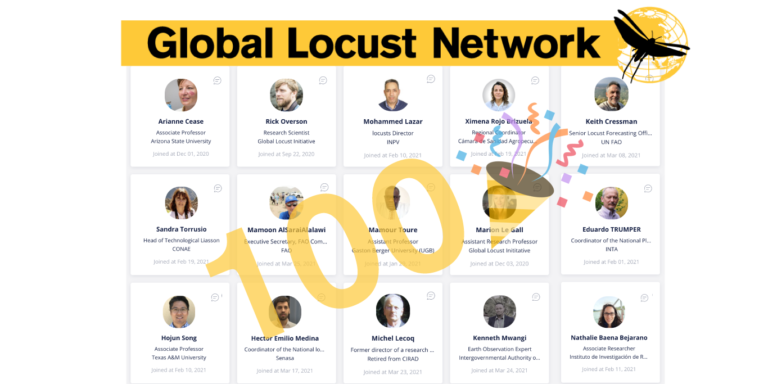
New online community for the Global Locust Network reaches 100 members
At the beginning of 2021, the Global Locust Network launched an online professional community using a software called Mobilize. The platform functions like a “LinkedIn for locusts” where Network members
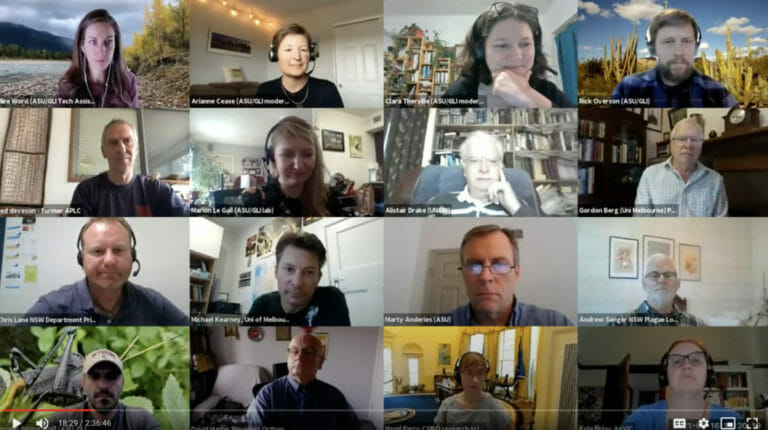
Global Locust Initiative hosts second stakeholder workshop on locust and grasshopper management: Australia edition
The Global Locust Initiative Lab hosted a virtual workshop on locust governance with Australian stakeholders on February 16-17, 2021. This workshop was part of a project supported by the Foundation

Australian Plague Locust Resurgence
By Douglas Lawton, PhD Candidate in ASU School of Life Sciences, December 14, 2020 After a record-breaking drought for the past two years, Australia is experiencing a resurgence in Australian
Education Coordinator – Behavioral Plasticity Research Institute
We are seeking a full-time Education Coordinator for the Behavioral Plasticity Research Institute (BPRI), a newly established Biology Integration Institute funded by the U.S. National Science Foundation. This position will
Behavioral Plasticity Research Institute Postdoctoral position available at Texas A&M University
A postdoctoral position is available in the Department of Entomology at Texas A&M University, College Station, TX, USA. The position is part of the Behavioral Plasticity Research Institute (BPRI), one
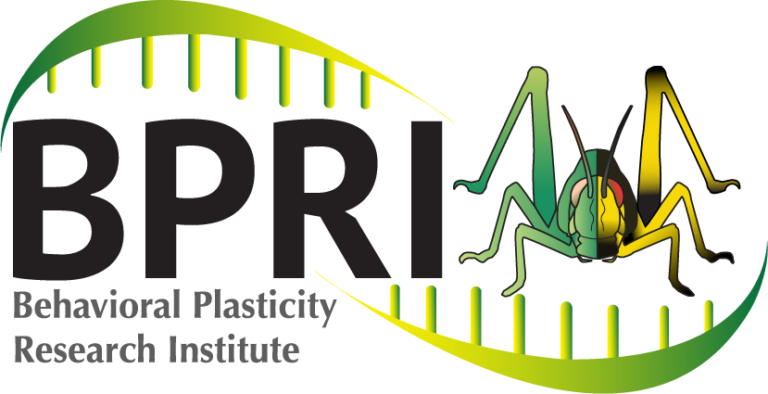
12 BPRI graduate student opportunities to start Fall 2021!
BPRI is an NSF-funded virtual institute consisting of a group of like-minded teacher-scholars with diverse disciplinary expertise from six institutions. The Behavioral Plasticity Research Institute (BPRI) uses locust phase polyphenism
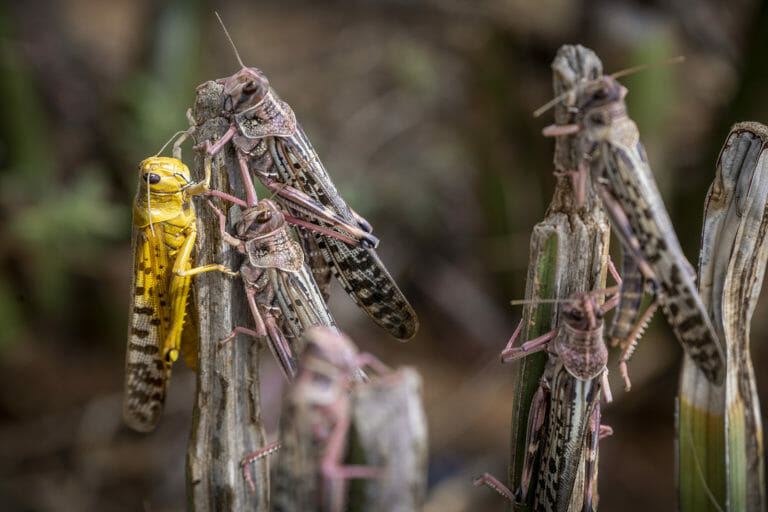
Universities collaborate to create new Behavioral Plasticity Research Institute (BPRI)
ASU to join six other universities to create an institute to better understand locust phase change. As a formidable ecological force, locusts have a long history of devastating crops and
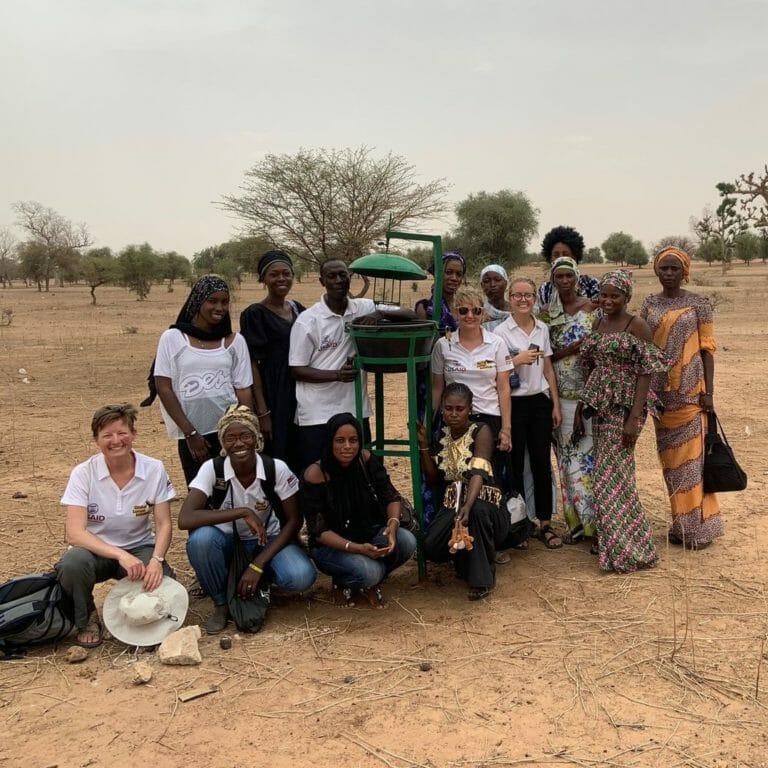
Taming locusts in Senegal: Working with communities, empowering women
Locusts are a major pest in many parts of the world, damaging plants and livelihoods. Senegal is one such place; farmers constantly battle migrating swarms of the local Senegalese grasshopper.
Read latest issue of Metaleptea
The latest issue of Metaleptea (Vol. 40, Issue 3), the Newsletter of the Orthopterists’ Society, is published and available to read! It features upcoming events, announcements, regional reports, and recent

Locust outbreaks increase with two additional species in Southern Africa and China
New outbreaks of the African Migratory Locust (Locusta migratoria migratorioides) and the Yellow-spined Bamboo Locust (Ceracris kiangsu) are causing concern in addition to the ongoing outbreaks of the Desert Locust
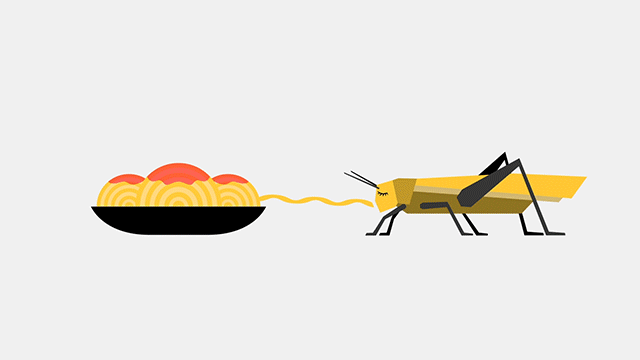
Like marathon runners, locusts carbo-load before a long journey
According to a new study from ASU’s Global Locust Initiative scientists, they do it for the same reason humans do. Read the abstract of this new paper published Aug. 2 in the Journal of Animal Ecology.